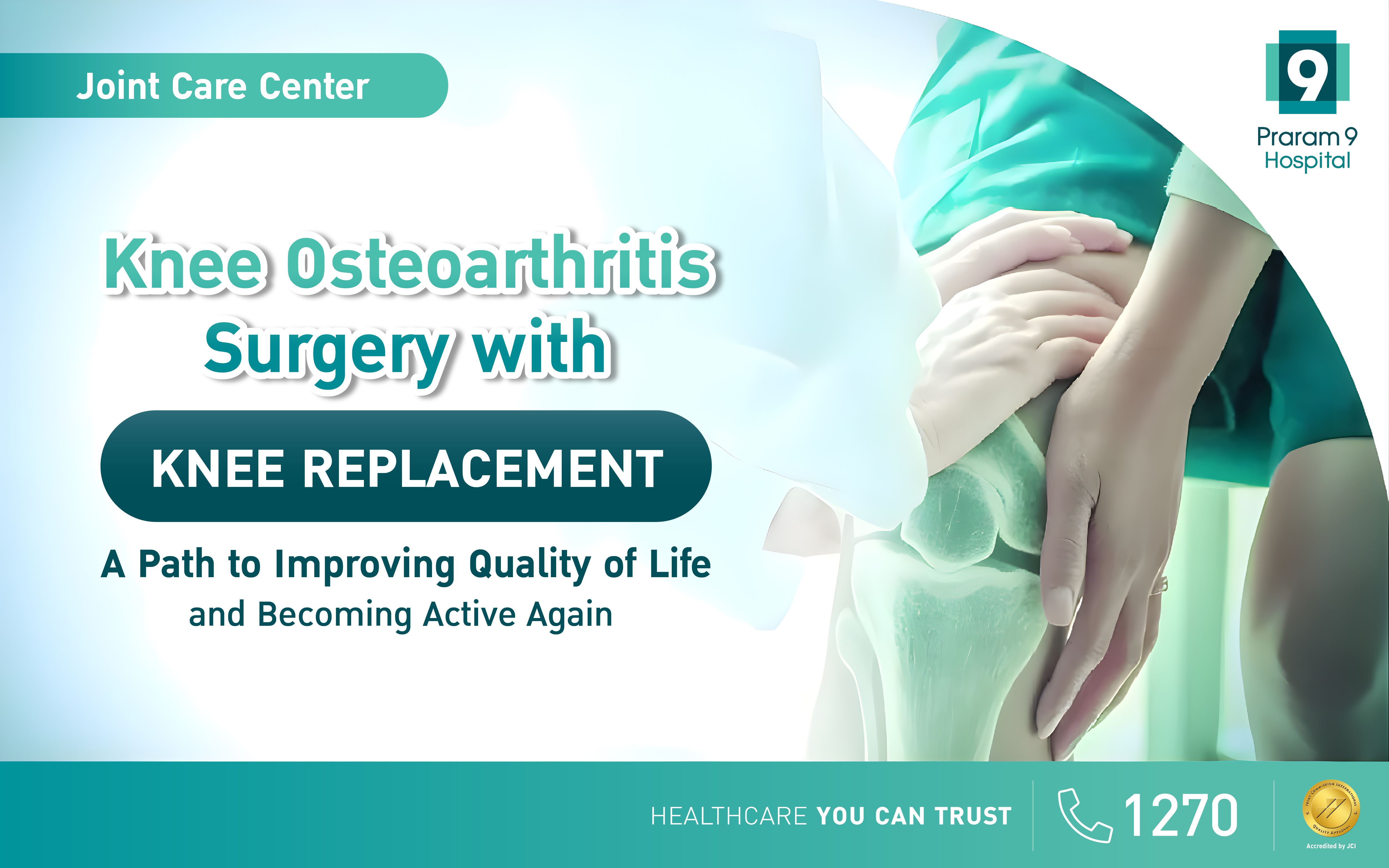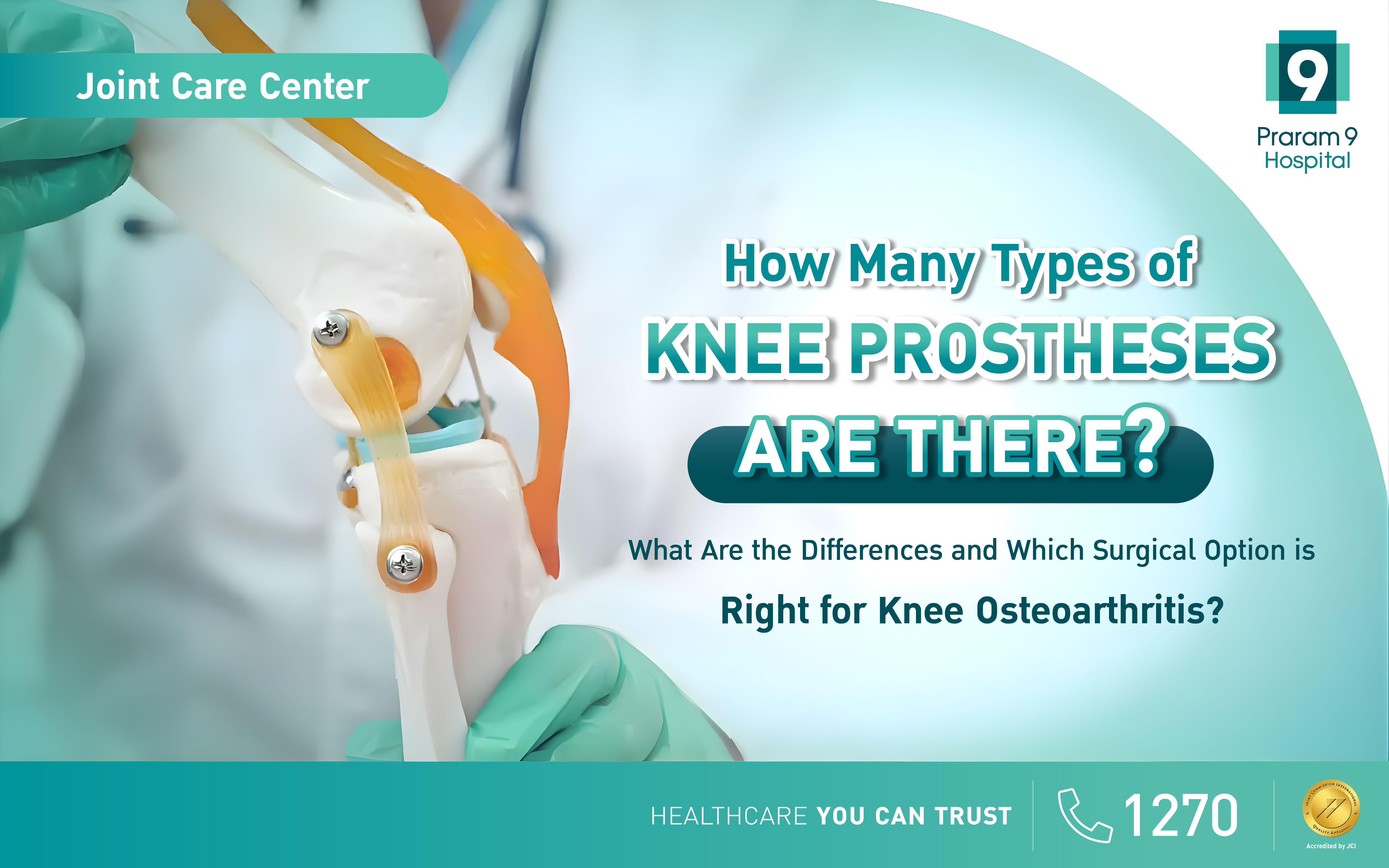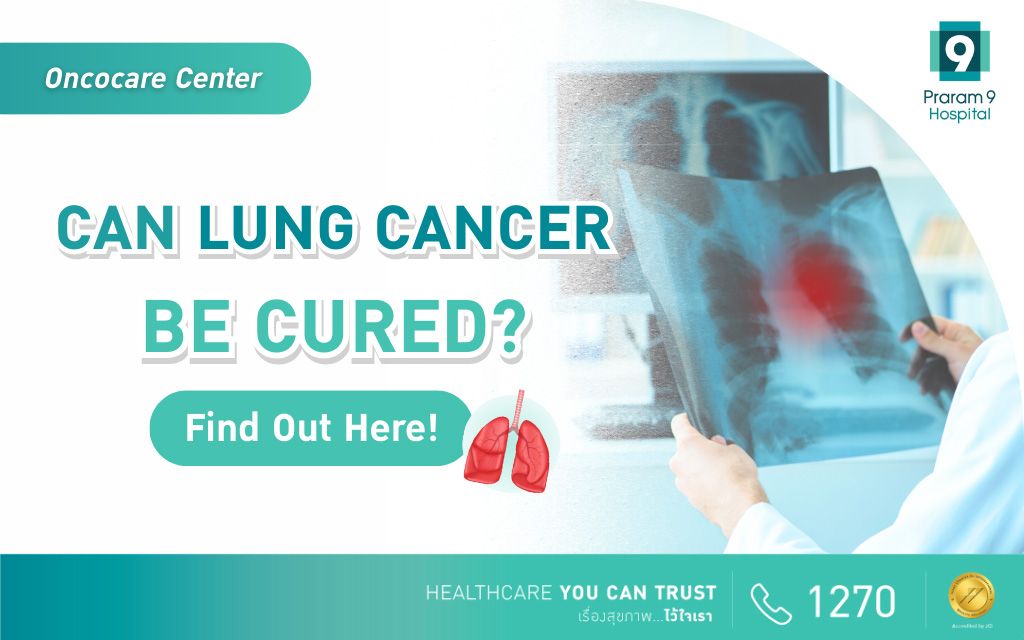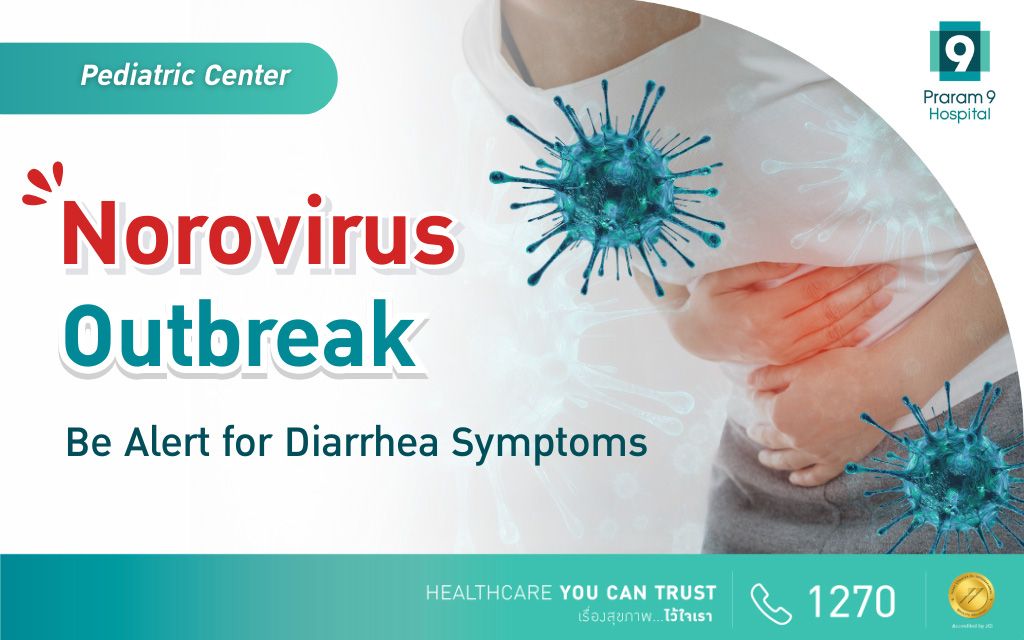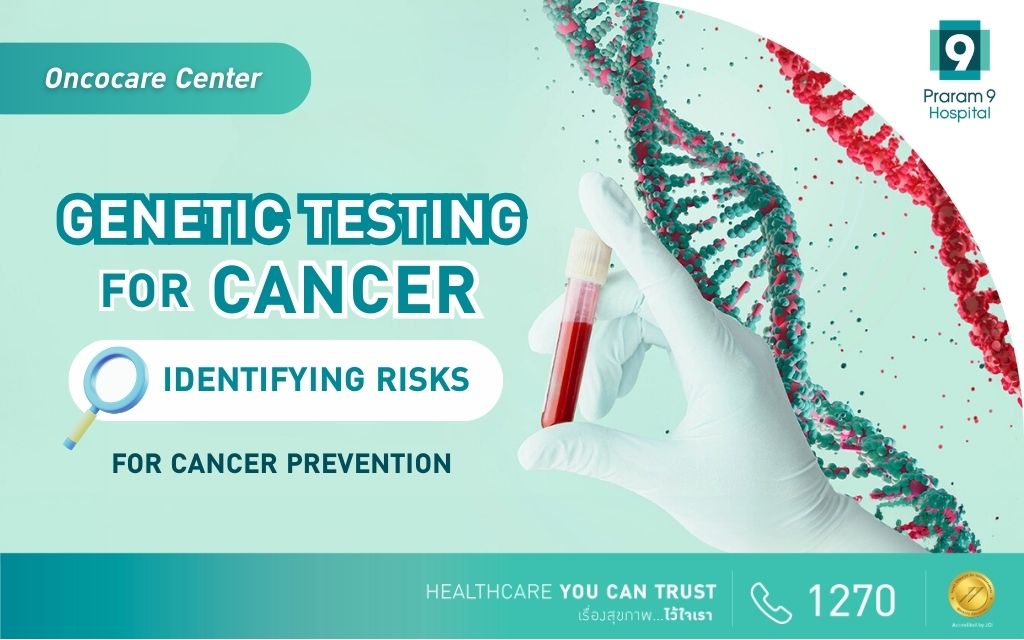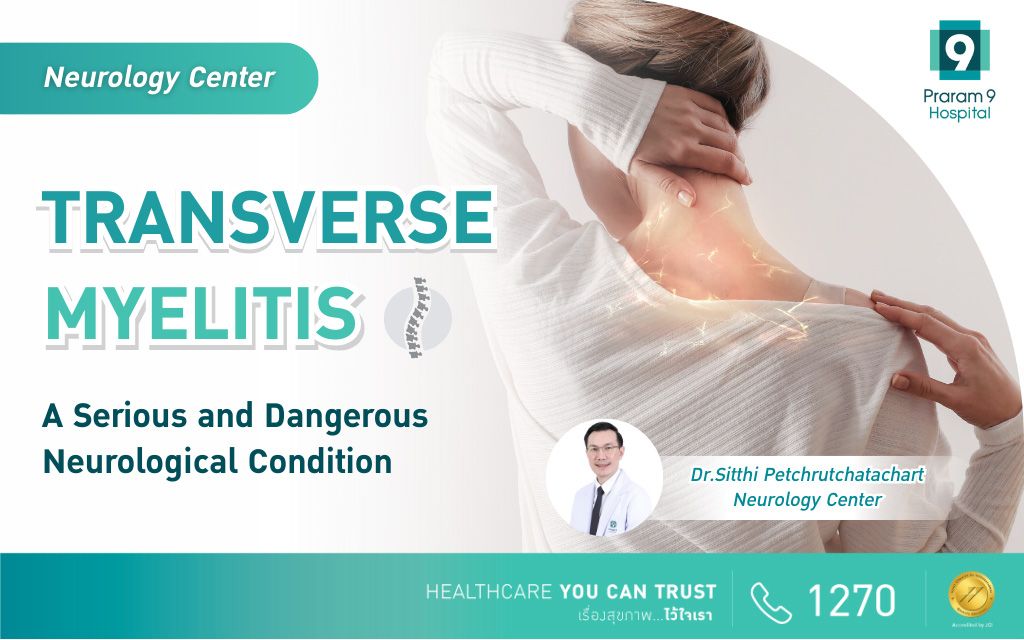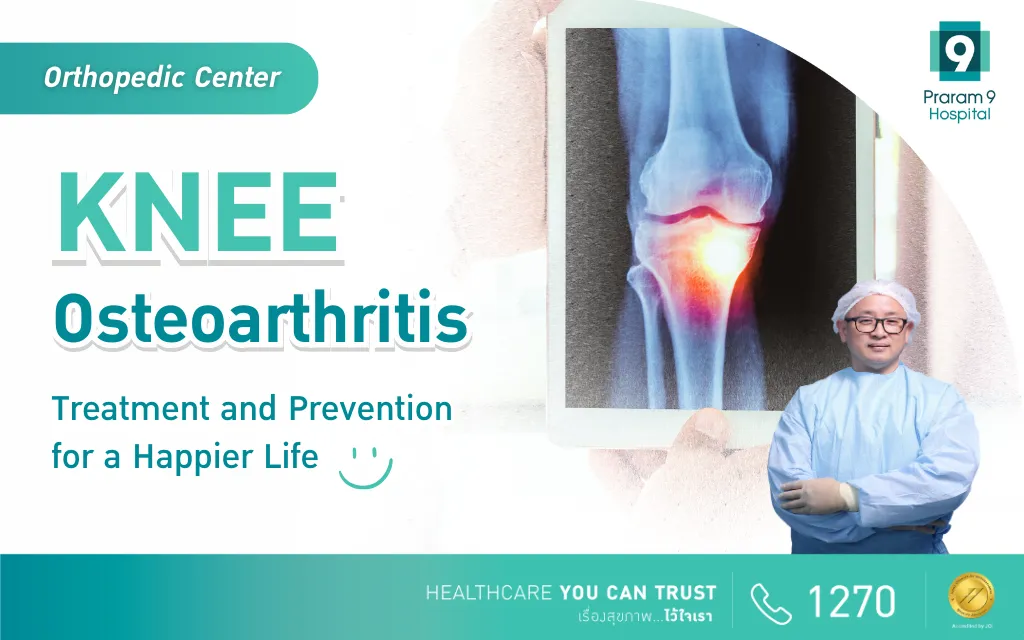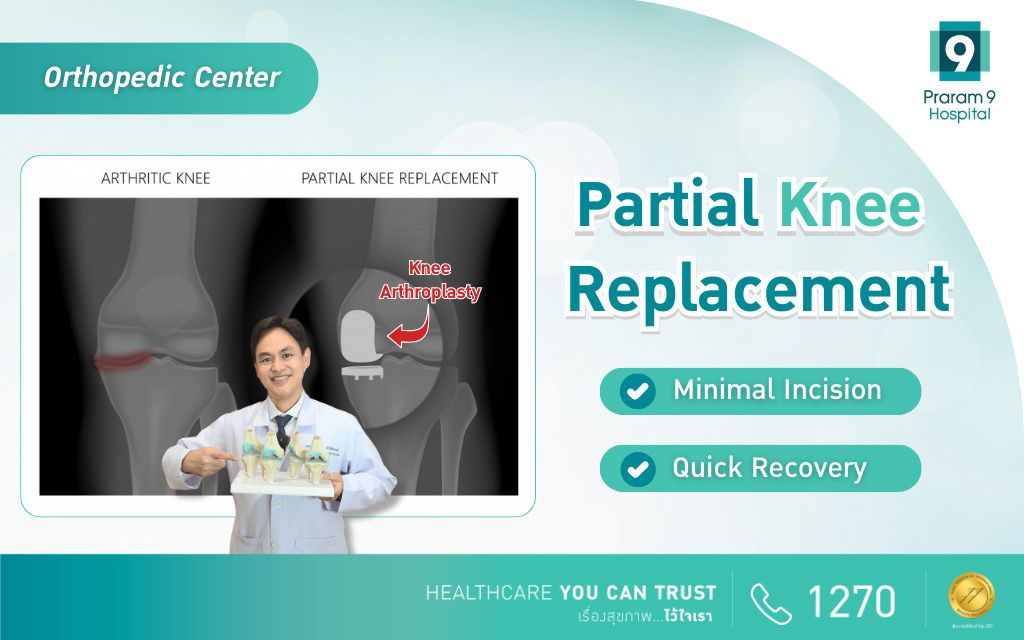Health Articles
Knowledge
What you can do to lower your risk of colorectal cancer
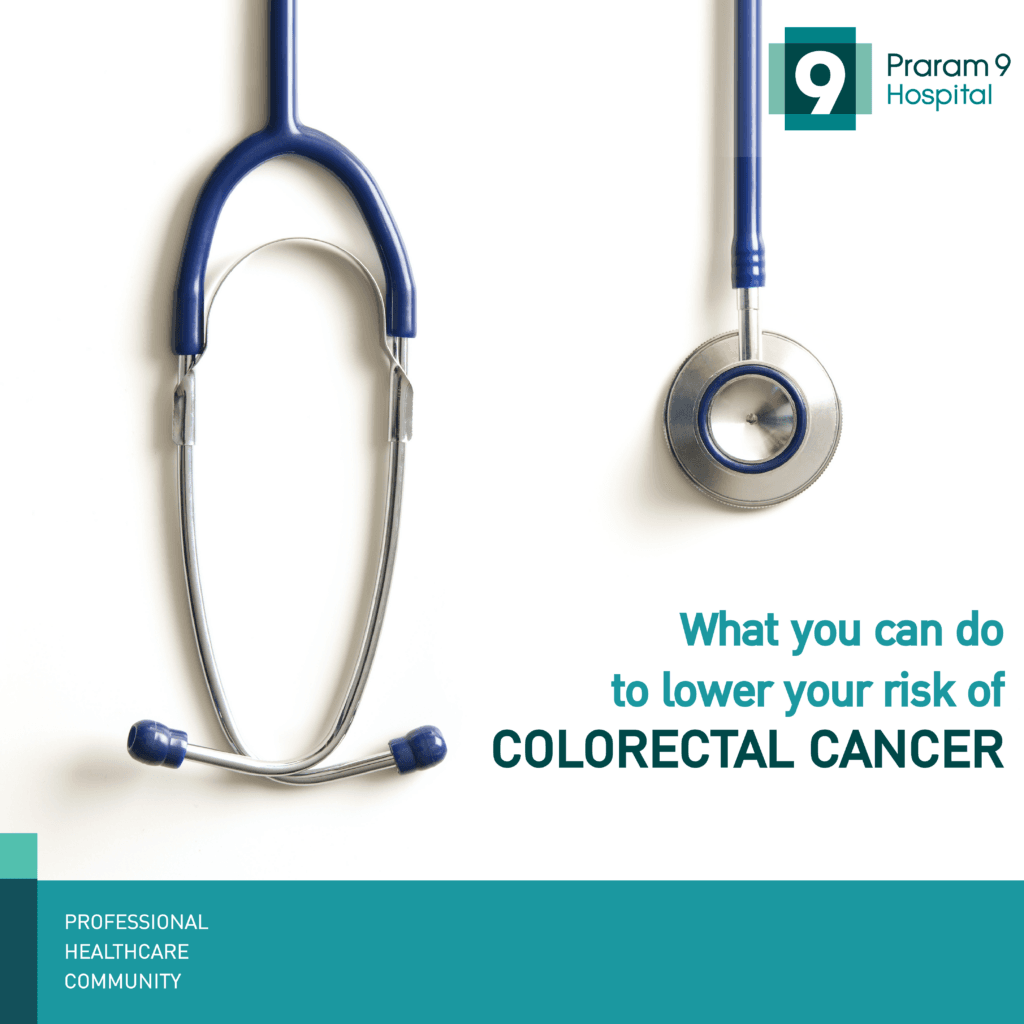
What you can do to lower your risk of colorectal cancer
What is colon cancer?
Colon cancer is a type of cancer found in the large intestine in our digestive tracts. It can start of as a tumor and develop into a serious cancer overtime. Symptoms of colorectal cancer includes abdominal pain, cramps, general discomfort abdominal area around and stool with blood from bleeding in the colon. Furthermore, the cancer can silently spread to other organs as the tumor develop, causing symptoms relating to other organs such as live and lung to develop as well. We will discuss the factors that may increase your risk of colorectal cancer that you should be aware of.
Simple lifestyle changes can help to lower your risk of colon cancer
By making adjustment to your daily routine through simple and easy to follow actions, you will see long-term health benefits that your body will be thankful for. Follow our simple guide below that can help you reduce your risk of colon cancer.
· Fruits, vegetables and whole grains, eat a variety of them because they contain beneficial mineral, fiber, vitamins and antioxidants that may aid in cancer prevention. Consume different types of fruits and vegetables will allow your body to receive essential of vitamins and nutrients that will add to your body defense against cancer.
· If you need to consume alcohol, consume them in moderate quantity. We recommend to set a limit of how much alcohol you can drink to no more than one or two drink for women and men respectively.
· Quit smoking. Smoking has all the negative impact on your body, discuss with your doctor how the best methods to quit smoking for you.
· Start exercising. We recommend at least 30 minutes of exercise at least 3 days a week if you have been active for a while. Before adopting any exercise program, consult with your doctor to see if the program you choose is appropriate for your health condition.
· Through healthy food choices and exercise, you can maintain a healthy body weight which will help to reduce other illnesses such as obesity and diabetes as well as lowering your risk of colorectal cancer. If you are above the recommended body weight, you can set goals to reduce your weight at an appropriate rate by keeping tap on your calories intake and burn excess fats by hitting the gym.
Preventing colorectal cancer for people with a higher risk
Some medications such as aspirin or aspirin-like drugs have been found to reduce the risk of precancerous polyps or colon cancer. For those with higher risk of colon cancer, discuss and find out about your risk factors with your doctor in order to have a better understanding if preventive medications are right for you as some studies attributed a reduce in risk of polyps and colon cancer to regular use these medications, however, it is still unclear as to the requirement for the amount of dosage and the period of use before we see a reduce in the risk of colon cancer. We have to be cautious as taking aspirin daily has some risks such as gastrointestinal bleeding and ulcers. Furthermore, taking these medications are generally recommended for people with a higher risk of colon cancer. Currently, it is not recommended for people with average risk of colon cancer to take these medications without more confirm evidences.
